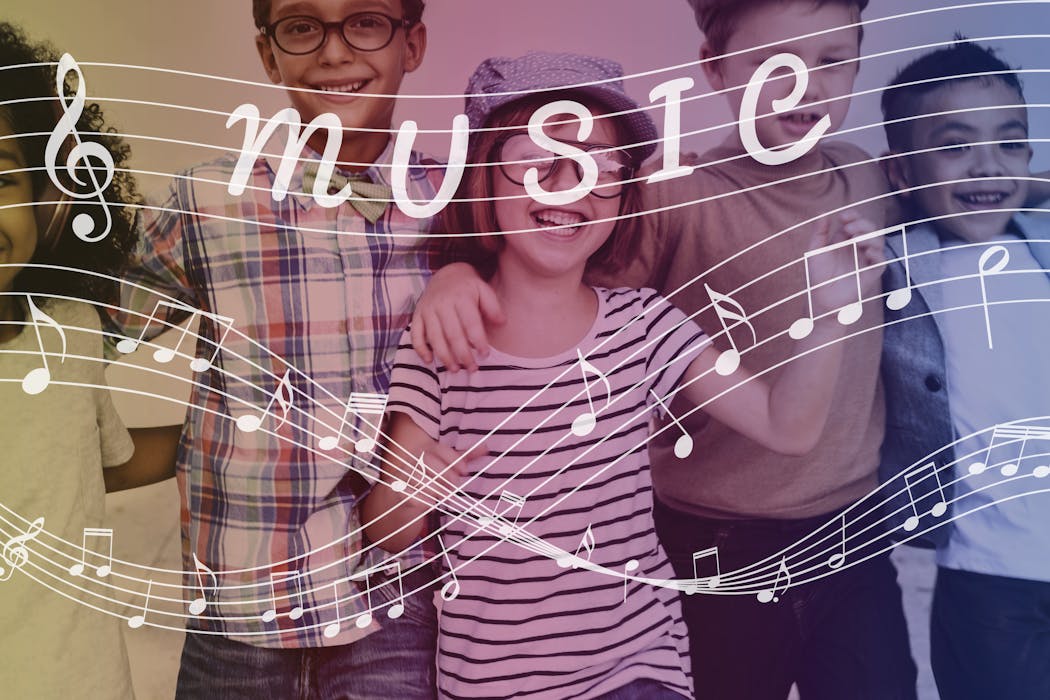Post-traumatic stress disorder (PTSD) is a mental health condition that can develop after experiencing or witnessing a traumatic event. Symptoms of PTSD can include flashbacks, nightmares, severe anxiety, and uncontrollable thoughts about the event. These symptoms can be debilitating and can significantly impact a person’s daily life, relationships, and overall well-being. PTSD can affect anyone, regardless of age, gender, or background, and it is estimated that about 8 million adults in the United States alone suffer from PTSD in a given year.
The impact of PTSD on mental health can be profound, leading to feelings of isolation, depression, and an inability to function in everyday life. Many individuals with PTSD also struggle with substance abuse, self-harm, and suicidal thoughts. The condition can also have a significant impact on physical health, as those with PTSD are at a higher risk for chronic pain, heart disease, and other medical conditions. It is crucial for individuals with PTSD to seek treatment to address their symptoms and improve their overall quality of life.
The Benefits of Music Therapy in PTSD Treatment
Music therapy has been increasingly recognized as an effective treatment for individuals with PTSD. Music therapy involves using music to address physical, emotional, cognitive, and social needs. It can be used in a variety of settings, including hospitals, schools, and community centers. Music therapy can take many forms, including listening to music, playing instruments, singing, and songwriting. The benefits of music therapy in PTSD treatment are numerous, as it can help individuals process trauma, reduce symptoms, and improve overall mental health.
Research has shown that music therapy can help individuals with PTSD manage their symptoms and improve their quality of life. Music has the power to evoke emotions and memories, and it can provide a safe and non-threatening way for individuals to express themselves and process their trauma. Music therapy can also help individuals regulate their emotions and reduce anxiety and stress. Additionally, music therapy can improve social connections and communication skills, which are often impacted by PTSD. Overall, music therapy offers a unique and effective approach to treating PTSD and improving mental health.
How Music Therapy Helps to Process Trauma and Reduce Symptoms
One of the key ways that music therapy can benefit individuals with PTSD is by helping them process trauma and reduce symptoms. Music has the ability to evoke emotions and memories, which can be particularly helpful for individuals with PTSD who may struggle to express themselves verbally. Through music therapy, individuals can explore their feelings and experiences in a safe and supportive environment. This can help them make sense of their trauma and begin to heal.
In addition to processing trauma, music therapy can also help reduce symptoms of PTSD. Listening to calming music or playing instruments can help individuals relax and reduce anxiety. Music therapy can also help individuals manage their emotions and regulate their mood. For example, playing a drum or singing can provide an outlet for pent-up emotions and help individuals release tension. Overall, music therapy provides a unique and effective way for individuals with PTSD to process trauma and reduce symptoms.
The Role of Music in Regulating Emotions and Creating a Sense of Safety
Music plays a powerful role in regulating emotions and creating a sense of safety for individuals with PTSD. Listening to music can have a calming effect on the nervous system, reducing stress and anxiety. Music can also help individuals feel connected to others and create a sense of safety and comfort. Playing instruments or singing can provide a way for individuals to express themselves and release emotions in a non-verbal way.
In addition to regulating emotions, music can also help individuals with PTSD feel a sense of control over their experiences. Creating music or participating in musical activities can empower individuals and help them feel more confident in managing their symptoms. Music therapy can also provide a sense of structure and routine for individuals with PTSD, which can be particularly beneficial for those who struggle with feelings of chaos or unpredictability. Overall, music plays a crucial role in regulating emotions and creating a sense of safety for individuals with PTSD.
Incorporating Music Therapy into a Comprehensive PTSD Treatment Plan
Incorporating music therapy into a comprehensive PTSD treatment plan can provide numerous benefits for individuals struggling with the condition. Music therapy can be used in conjunction with other forms of therapy, such as cognitive-behavioral therapy (CBT) or medication, to provide a holistic approach to treatment. Music therapy can also be tailored to meet the specific needs of each individual, making it a flexible and personalized treatment option.
In addition to individual therapy sessions, music therapy can also be incorporated into group therapy settings for individuals with PTSD. Group music therapy sessions can provide opportunities for social connection and support, as well as opportunities for individuals to share their experiences and learn from others. Music therapy can also be integrated into other aspects of treatment, such as relaxation techniques or coping skills training. Overall, incorporating music therapy into a comprehensive PTSD treatment plan can enhance the overall effectiveness of treatment and improve outcomes for individuals with the condition.
Case Studies and Success Stories of Music Therapy in PTSD Treatment
There are numerous case studies and success stories that highlight the effectiveness of music therapy in treating PTSD. For example, a study published in the Journal of Traumatic Stress found that group drumming sessions led to significant reductions in symptoms of PTSD among veterans. The study found that drumming provided a sense of empowerment and control for the participants, as well as opportunities for social connection and support.
In another case study, a woman who had experienced childhood trauma found relief from her symptoms through individual music therapy sessions. Through playing the piano and writing songs, she was able to process her trauma and reduce her anxiety and depression. These case studies demonstrate the potential for music therapy to make a meaningful impact on the lives of individuals with PTSD.
The Future of Music Therapy in PTSD Treatment and Research Opportunities
The future of music therapy in PTSD treatment looks promising, as research continues to explore the potential benefits of this approach. There are numerous opportunities for further research into the effectiveness of music therapy for individuals with PTSD, as well as opportunities to develop new interventions and techniques. Additionally, there is growing interest in integrating technology into music therapy interventions, such as virtual reality or biofeedback devices.
As the field of music therapy continues to evolve, there are also opportunities to expand access to this treatment option for individuals with PTSD. This includes training more music therapists to work with individuals with trauma-related conditions, as well as advocating for greater recognition of music therapy within the mental health field. Overall, the future of music therapy in PTSD treatment holds great potential for improving outcomes and quality of life for individuals struggling with this condition.
In conclusion, music therapy offers a unique and effective approach to treating PTSD and improving mental health. Through its ability to help individuals process trauma, regulate emotions, and create a sense of safety, music therapy has the potential to make a meaningful impact on the lives of those with PTSD. By incorporating music therapy into comprehensive treatment plans and continuing to research its effectiveness, we can work towards improving outcomes for individuals with this condition and providing them with the support they need to heal.
Find out how Torongo Therapyplus can help you with your needs. Get in touch with us at smile@torongo.life, or call us on 02 8809 9965.































